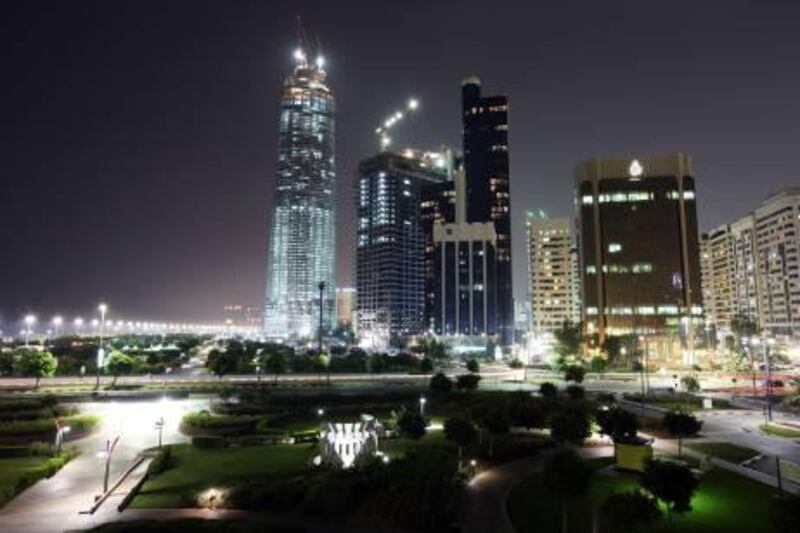ABU DHABI //More than 15 sustainable development and energy conservation projects will be launched this year across the emirate.
The projects - from energy-audit programmes in the capital to medicinal-plant conservation in Al Gharbia - will span the emirate's three municipalities and are part of Department of Municipal Affairs (DMA) efforts to "find practical and sustainable solutions for today's energy security and climate-change challenges".
"The emirate's municipal system is implementing regulations and processes across all of its operations to minimise energy and water demand," said Majed Ali al Mansouri, the chairman of the DMA.
The municipality's new building code is the cornerstone of the sustainability efforts. Launched on the first day of this year, the code complements existing Estidama green building guidelines and is designed to help develop safer and more energy-efficient buildings through energy conservation, fire prevention, plumbing, structural strength, sanitation and maintenance regulations.
Abu Dhabi will also this year implement a pilot solar-panel programme and complete a study of the energy consumption profiles of 23,000 residents in 68 commercial and residential buildings. The emirate also plans to analyse light pollution on roadways.
In Al Ain, a comprehensive geophysical study will continue; it is designed to help builders and developers determine risks before they begin construction projects.
"This is a very unique situation," said Karim Benhammam, a geophysics engineer with the DMA. "There are many risks if you don't map all of this. This will help urban planners and designers make the best projects for people and the environment."
Beautification projects on municipal streets and landscaping efforts in some residential areas will also move forward in Al Ain.
Al Gharbia, which struggles with pollution from the oil and gas industry, is working on a "green pockets" project, which is designed to increase green areas and tree belts across the municipality. More than 40 parks are also scheduled for construction in the Western Region.
The DMA will also step up its fight against the effects of desertification in Liwa and preserve more than 30 kinds of plants known for their "useful medical components".
Environmental awareness and education programmes will also be strengthened when 300 instructors from 131 schools across the emirate complete a sustainability teaching programme.





